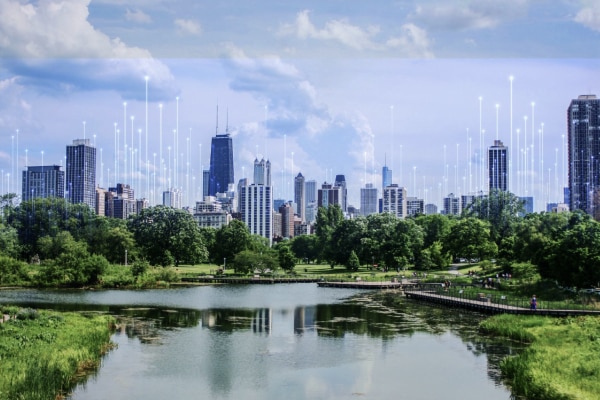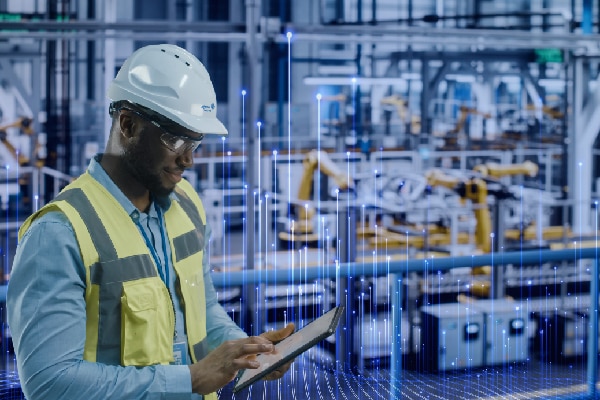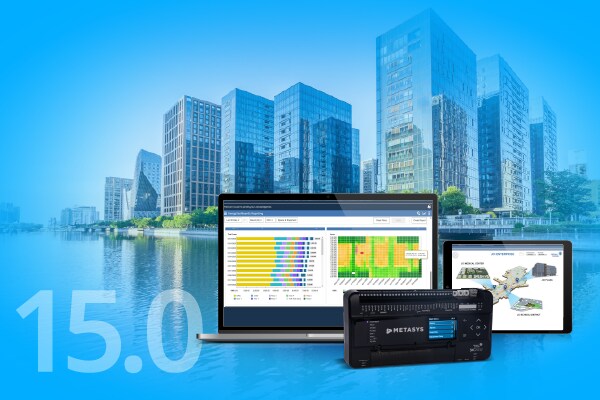- Johnson Controls
- Media Center
- 20 New Companies Join The Climate Pledge
20 New Companies Join The Climate Pledge
20 new companies spanning agriculture, renewable energy, hospitality, financial services, creative services, technology, and the construction sector join The Climate Pledge.
53 companies and counting across the globe, representing almost every sector of the economy, have now committed to net-zero carbon emissions by 2040, demonstrating the global impact of The Climate Pledge.
Today, Amazon and Global Optimism announced that 20 new signatories around the world have joined The Climate Pledge: ACCIONA, Colis Prive, Cranswick plc, Daabon, FREE NOW, Generation Investment Management, Green Britain Group, Hotelbeds, IBM, Iceland Foods, Interface, Johnson Controls, MiiR, Orsted, Prosegur Cash, Prosegur Compañia de Seguridad, Slalom, S4Capital, UPM, and Vanderlande.
With the addition of the new signatories, 53 companies across 18 industries and 12 countries have committed to working towards net-zero carbon in their worldwide businesses—which in aggregate has the potential to significantly reduce corporate carbon emissions. Each organization is at a different stage in its journey to net-zero carbon emissions, but all 53 signatories are committed to The Climate Pledge’s ambitious goal of meeting the Paris Agreement 10 years early.
Signatories to The Climate Pledge agree to:
- Measure and report greenhouse gas emissions on a regular basis.
- Implement decarbonisation strategies in line with the Paris Agreement through real business changes and innovations, including efficiency improvements, renewable energy, materials reductions, and other carbon emission elimination strategies.
- Neutralise any remaining emissions with additional, quantifiable, real, permanent, and socially-beneficial offsets to achieve net-zero annual carbon emissions by 2040 — a decade ahead of the Paris Agreement’s goal of 2050.
The 20 new signatories represent diverse economic sectors, ranging from energy to agricultural and financial services. Each company is implementing science-based, high-impact changes to its business to help decarbonise the value chain, including innovating in circular economy, deploying clean energy solutions, and mobilising supply chains to reach netzero by 2040.



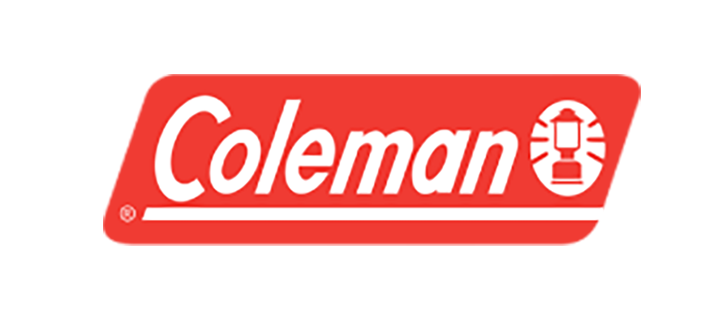








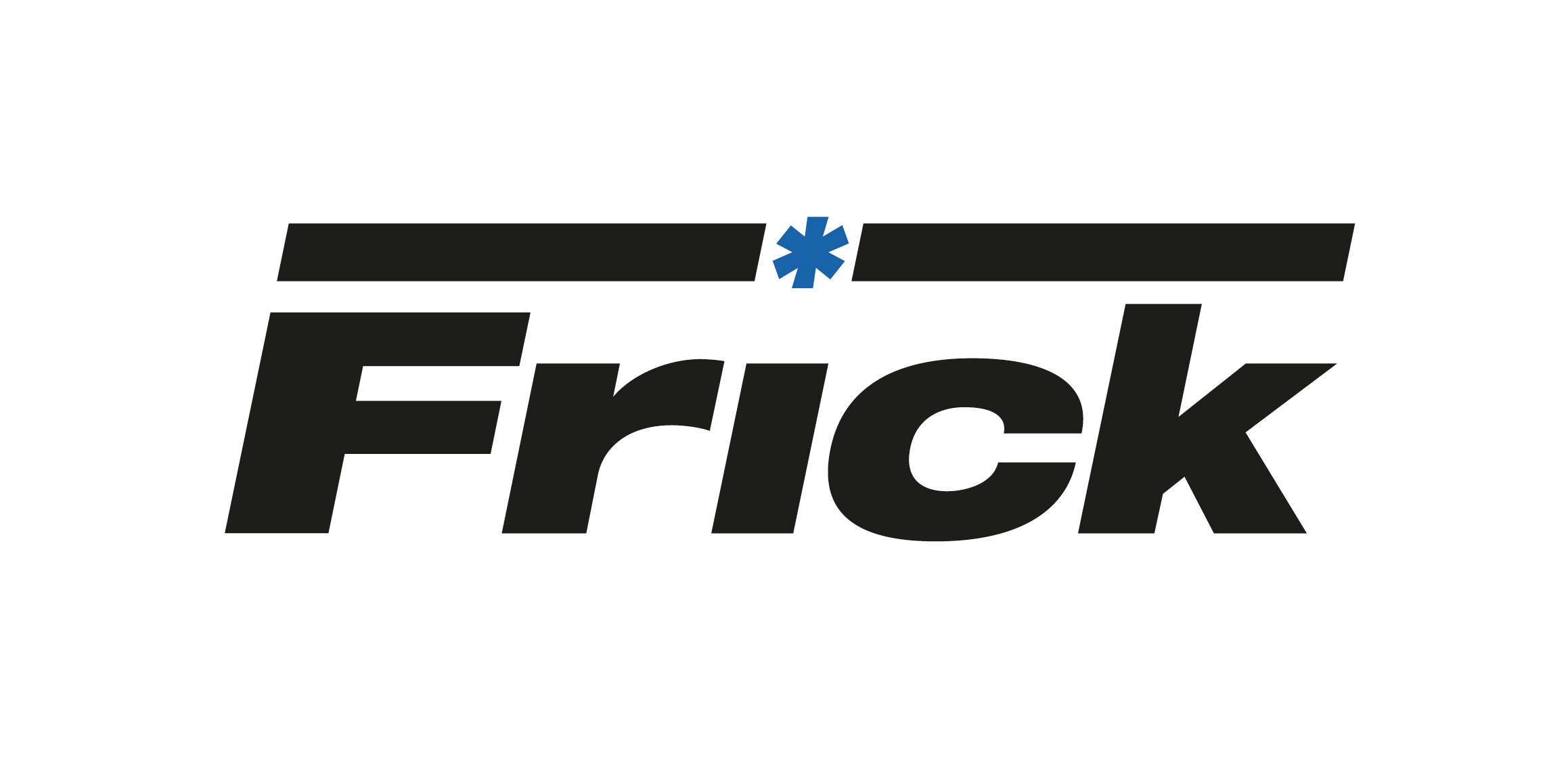







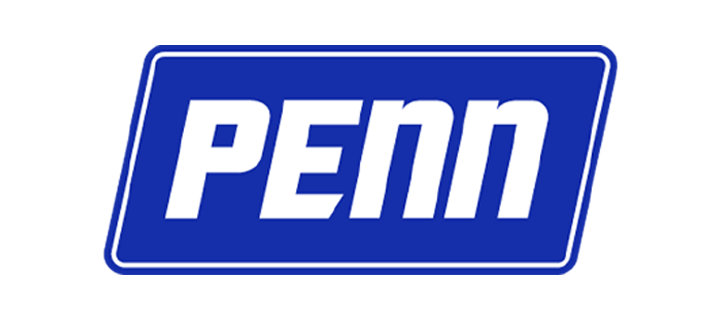

.jpg?la=en&h=320&w=720&hash=244C75B74F0F77521D56164450973BCD)

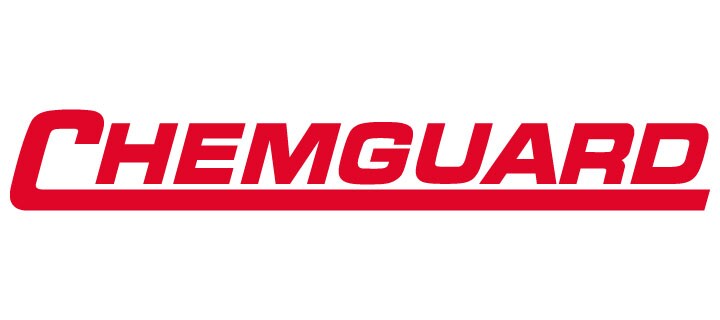
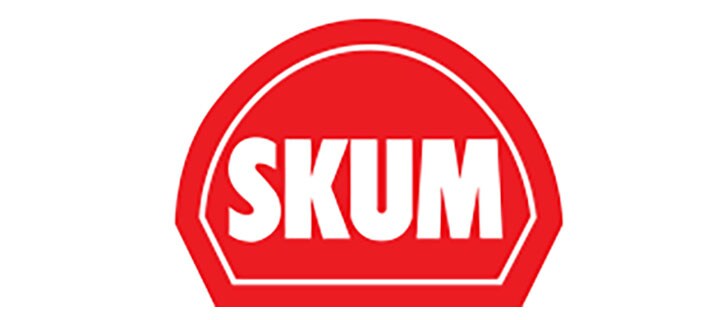


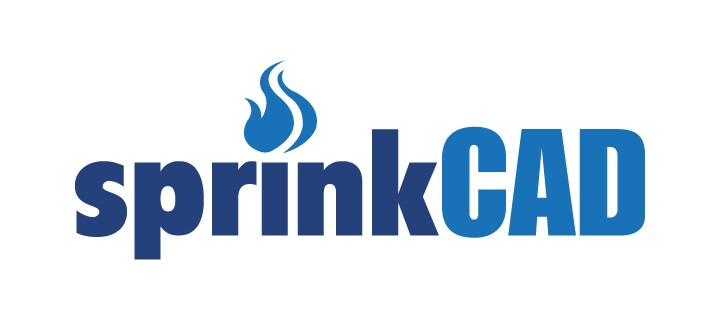
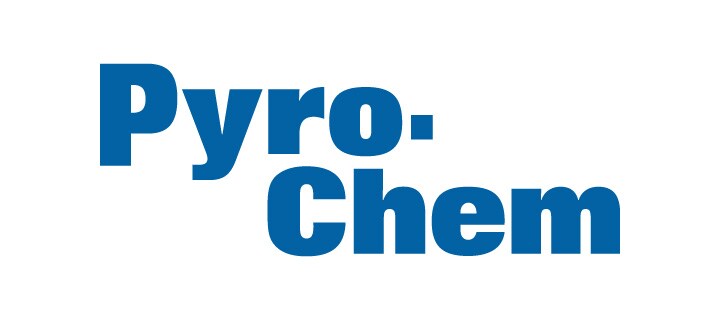







.jpg?la=en&h=310&w=720&hash=8D9823F26AA80B2B75C3E4B2E61770DC)


.jpg?la=en&h=320&w=719&hash=13CA7E4AA3E453809B6726B561F2F4DD)
.jpg?la=en&h=306&w=720&hash=F21A7CD3C49EFBF4D41F00691D09AEAC)

.png?la=en&h=320&w=720&hash=18CFCCD916C92D922F600511FABD775D)









